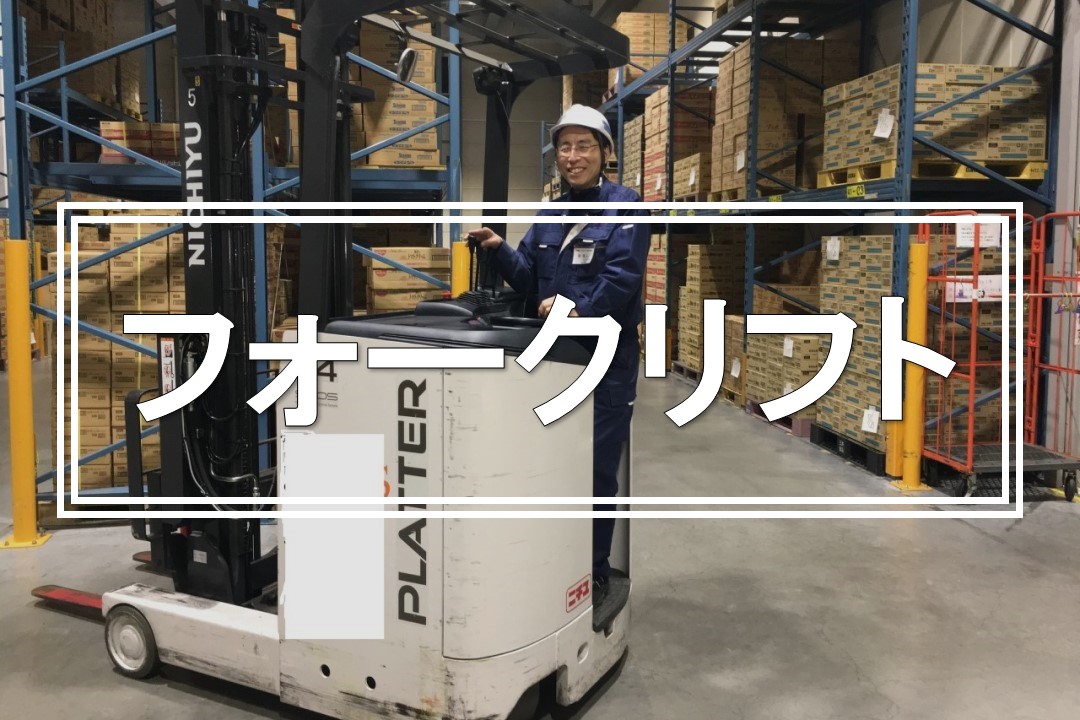Developing Effective Training Modules for Technical Staff
페이지 정보
작성자 Ezra 댓글 0건 조회 14회 작성일 25-10-18 05:19본문
Creating impactful learning experiences for technical teams demands a deep insight of the workforce, the intended outcomes, and the on-the-job obstacles they face. Technical staff are often seasoned experts who prioritize speed, 派遣 スポット precision, and real-world utility. They disengage from abstract concepts or childish explanations. Instead, they need training that is directly relevant, immediately useful, and structured in a way that respects their time and expertise.

First, determine the critical competency shortfalls that need to be addressed. This means conducting one-on-one interviews, evaluating ticket resolution trends, and consulting leads on persistent bottlenecks. Avoid creating training based on assumptions. Base your priorities on evidence from what problems are most disruptive or expensive. For example, if your engineers are confused by the updated SDK, the training should not just explain what the API is, but demonstrate debugging techniques, map integration patterns, and highlight deployment traps.
After identifying the core needs, design the module around interactive simulations. IT professionals retain more through application. Supply actual files, real-world scenarios, and executable examples they can test. Include scenarios that mirror actual workplace situations. If your team oversees hybrid environments, simulate a server outage and have them walk through diagnostics and resolution steps. This cements understanding by replicating real pressure.
Structure lessons into bite-sized segments. Long lectures or monolithic training sessions lead to cognitive overload. Instead, apply just-in-time modules. Create compact lessons centered on one clear objective. This supports asynchronous adoption without productivity loss. Provide on-demand access so learners can return when necessary.
Foster knowledge exchange among team members. Launch peer review circles or lab-sharing sessions where staff can debate approaches and document what worked. This builds a culture of knowledge sharing and reinforces the idea that learning is ongoing. It also uncovers hidden best practices from the front lines.
Evaluate mastery via real tasks, not theoretical tests. Ask trainees to complete a small project, fix a broken script, or configure a system based on given requirements. Assess quality through functionality, elegance, and alignment with security and scalability norms. Offer specific, actionable insights to guide growth.
Finally, make sure the training is maintained and updated. The technical landscape shifts monthly. Content from six months ago could now be misleading. Assign responsibility for reviewing and refreshing content on a regular basis. Encourage trainees to suggest improvements, and reward those who contribute to the training materials.
Effective training for technical staff is not about delivering information. It is about equipping engineers to innovate with precision and reduce operational friction. When training is practical, relevant, and respectful of their time and expertise, it becomes a strategic advantage that drives reliability and innovation.
댓글목록
등록된 댓글이 없습니다.





 전체상품검색
전체상품검색




